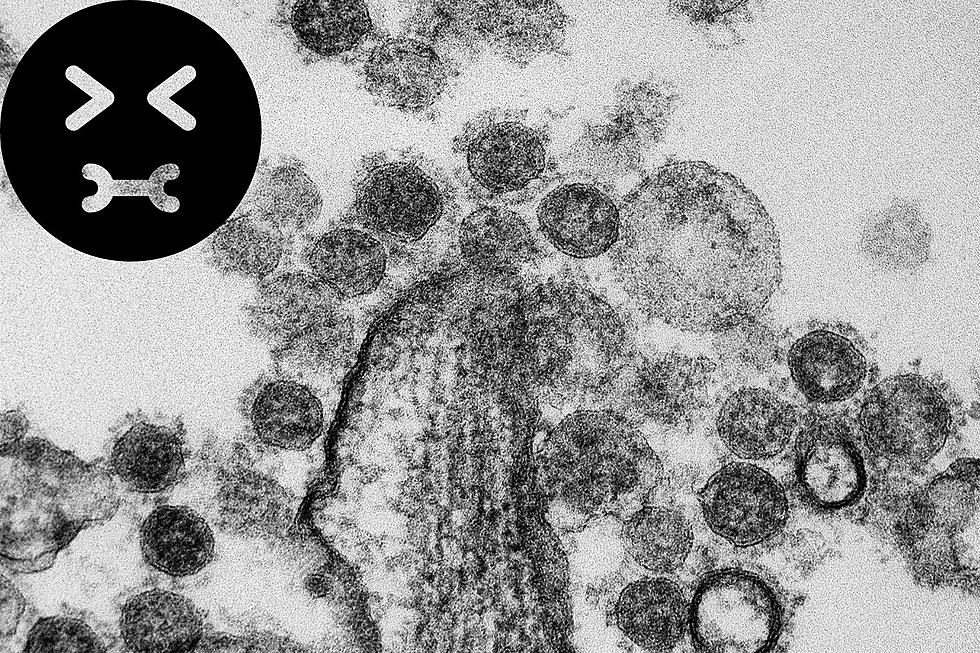
Hyper-virulent Bacterium in Seattle Sparks NIH Investigation
Virginia Medical Center reported earlier this year that an outbreak of Klebsiella pneumoniae has infected 31 patients, with seven deaths.
New “hyper-virulent” strains of the bacterium Klebsiella pneumoniae have emerged in healthy people in community settings, prompting a National Institutes of Health research group to investigate how the human immune system defends against infection. After recent testing of the human immune system in a laboratory “test tube” setting, scientists found that some strains of the bacteria were more likely to survive in blood and serum than others, adding that white blood cells are more likely to ingest and kill some strains than others. The study, published in mBio, was led by researchers at the National Institute of Health’s National Institute of Allergy and Infectious Diseases (NIAID).
According to Virginia Mason's webpage Klebsiella pneumoniae are common bacteria that can be part of the normal bacteria living in our bodies, including in our intestines. However, if the bacteria enters a part of the body where it is not normally found, it can cause infections such as urinary tract infections, surgical site infections, and pneumonia.
It was more than a century ago when scientists first discovered the bacterium as the cause of serious (and often fatal) infections. Though even back then they realized that the infections typically occurred in individuals who are already ill, or with weakened immune systems (and especially people in hospitals). The NIH notes, however, that in the past few decades, some strains have developed resistance to multiple antibiotics, and became difficult to treat.
As a next step, the research team will determine the factors involved in susceptibility to the body’s immune defenses against the bacterium by using mouse infection models.
Also, according to Virginia Mason officials, it is believed that the outbreak initially began in October of '22, but the severity was not realized until May of this year. That being said, the hospital has yet to publish any public updates on their website concerning the condition of the infected people in their care, as well as the number of deaths now associated with the bacterium.
The Best Hard Rock + Metal Songs for Tailgating
Gallery Credit: Lauryn Schaffner
More From 610 KONA





![[LISTS] Washington State Wildfire Weekend Road Closures](http://townsquare.media/site/133/files/2024/07/attachment-Untitled-design-2024-07-26T064047.359.jpg?w=980&q=75)


